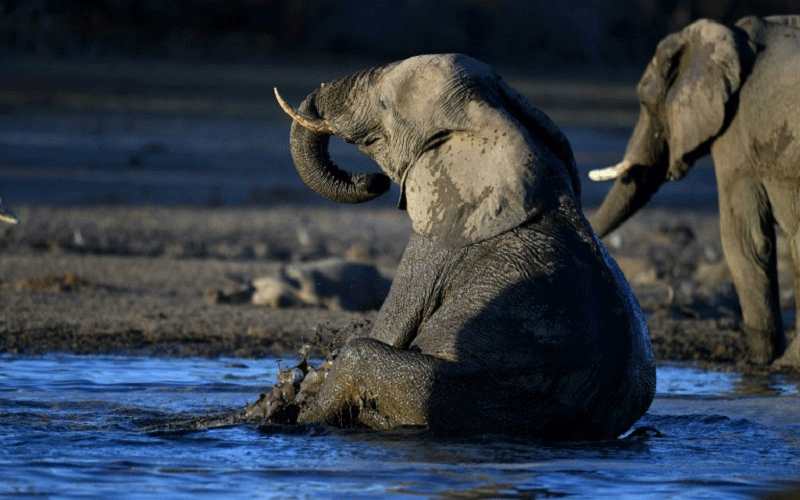×
The Standard e-Paper
Home To Bold Columnists

With unfenced parks and wide-open spaces, Botswana has Africa's largest elephant population with more than 135,000 [AFP / MONIRUL BHUIYAN]
Botswana on Friday will hold its first major auction for trophy elephant hunting quotas since controversially scrapping a hunting ban last year, a wildlife official said.